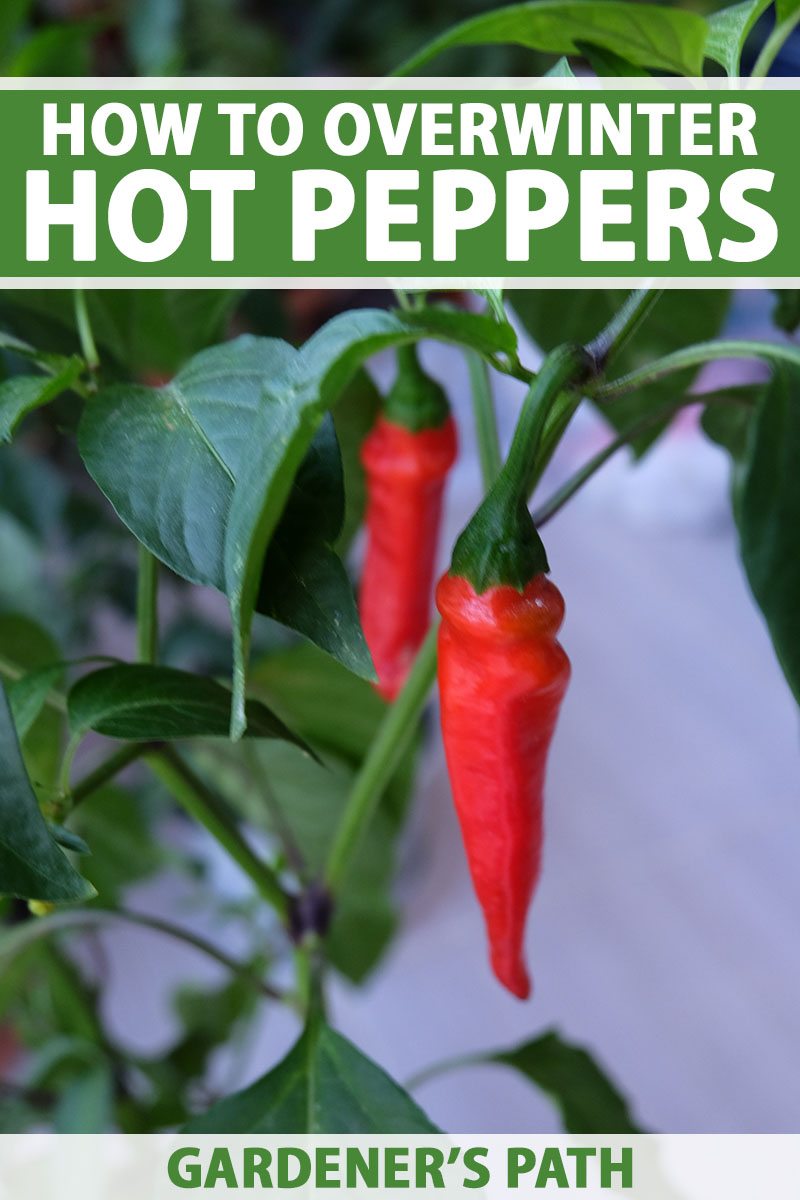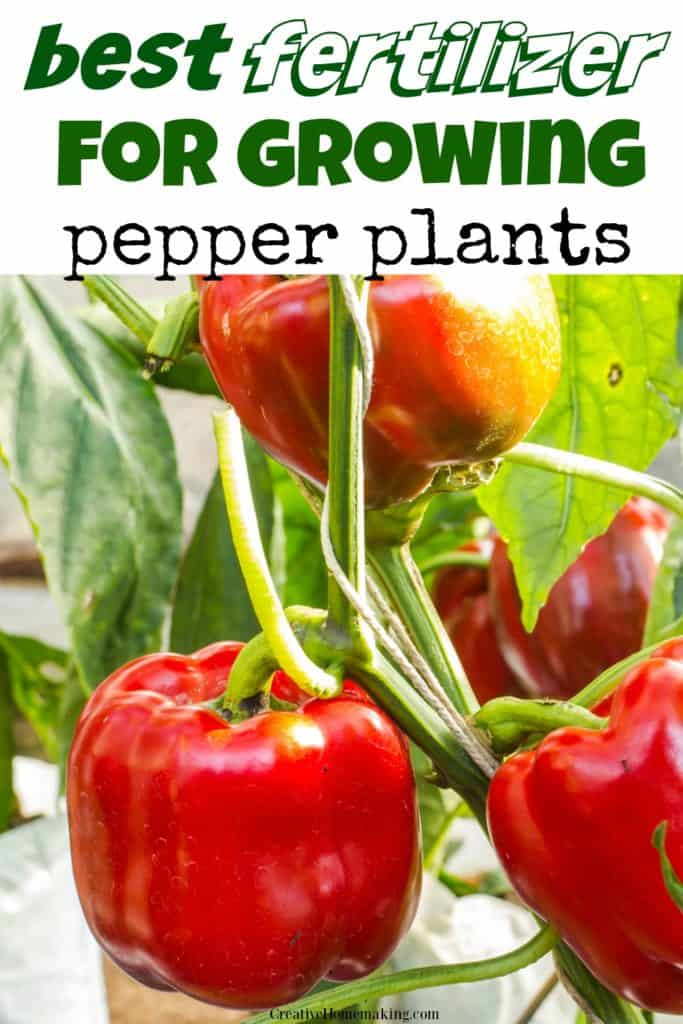Organic Vs. Synthetic Fertilizers: Which Is Best for Supporting Healthy And Balanced Pepper Plants?
In the world of nurturing healthy pepper plants, the option in between artificial and organic plant foods stands as a crucial decision with far-reaching effects. While both choices aim to provide essential nutrients to sustain plant development, the nuances of their influence on the soil, plant health, and the environment trigger a debate that mirrors throughout the horticulture neighborhood. Comprehending the distinct advantages and potential pitfalls of each fertilizer type is important for pepper cultivators looking for to enhance their returns while preserving a sustainable and eco-conscious method.
Benefits of Organic Fertilizers
Organic plant foods supply an environmentally-friendly and sustainable technique to nourishing pepper plants, giving necessary nutrients without making use of artificial chemicals. These natural plant foods are stemmed from natural sources such as compost, manure, bone meal, and seaweed, promoting soil wellness and biodiversity. Unlike synthetic plant foods, organic alternatives release nutrients gradually, making sure a balanced and consistent supply for pepper plants to thrive.
One substantial benefit of natural plant foods is their ability to enhance dirt framework and water retention. By enhancing soil health and wellness, natural plant foods promote useful microbial task, which assists in nutrient uptake by pepper plants. Additionally, organic fertilizers reduce the danger of chemical run-off, safeguarding water sources from pollution and protecting the setting.
Furthermore, natural plant foods add to lasting soil fertility by advertising the growth of beneficial dirt microorganisms. These microorganisms assist damage down raw material, releasing nutrients in a kind that is quickly available to pepper plants. best fertilizers for peppers. By promoting a healthy and balanced dirt ecosystem, organic fertilizers support sustainable pepper growing methods that profit both plants and the setting
Drawbacks of Synthetic Fertilizers
Synthetic plant foods, in comparison to their natural equivalents, pose numerous downsides when used to nourish pepper plants, impacting both plant wellness and environmental sustainability. One major downside of artificial fertilizers is their propensity to leach nutrients from the soil swiftly.
Additionally, the overuse of synthetic plant foods can add to water pollution. Excess plant foods not soaked up by plants can wash away right into water bodies, bring about eutrophication, where algae blossoms deplete oxygen degrees in the water, hurting aquatic life. Synthetic fertilizers are usually obtained from non-renewable sources, such as fossil gas, contributing to carbon discharges and ecological degradation throughout their manufacturing.
Nutrient Absorption Comparison
Effective nutrient absorption plays a vital function in the general health and development of pepper plants. When contrasting organic and artificial fertilizers in regards to nutrient absorption, organic fertilizers have the benefit of offering an extra well balanced and slow-release resource of nutrients (best fertilizers for peppers). Organic fertilizers have a range of macro and trace elements that are not only beneficial for the plants however additionally advertise healthy soil microbial task, which assists in nutrient uptake. On the other hand, synthetic plant foods typically provide a quick release of nutrients, which can cause leaching and overflow, resulting in lower nutrient absorption prices by the plants.
Additionally, organic fertilizers improve soil framework and water retention capability, permitting pepper plants to accessibility nutrients more efficiently. This improved soil high quality assists in origin development, enabling much better nutrient absorption. Artificial plant foods, although originally boosting plant growth due to their high nutrient focus, might hinder lasting nutrient absorption by derogatory dirt wellness in time.
Ecological Influence Factors To Consider

On the other hand, artificial plant foods, although often more immediately available and focused to plants, can have destructive results on the setting otherwise applied correctly (best fertilizers for peppers). Their production calls for high power inputs, causing greenhouse gas discharges and contributing to climate adjustment. The drainage of excess synthetic plant foods can infect water sources, leading to eutrophication and damaging marine environments.
Finest Plant Food Practices for Peppers
When fertilizing pepper plants, enhancing nutrient uptake and minimizing environmental influence are key considerations. To accomplish this, it is necessary to comply with ideal plant food practices tailored to the certain needs of pepper plants. One vital practice is to perform a soil test prior to using any kind of fertilizers. This test can figure out the pH degree of the dirt and recognize any nutrient deficiencies, directing you in choosing one of the most ideal fertilizer formula.
One more essential technique is to fertilize pepper plants at the correct time. Normally, peppers take advantage of receiving fertilizer at growing and afterwards once again when they start to blossom. Over-fertilizing can bring about vitamins and mineral inequalities and hurt the plants, so it is important to follow recommended application prices.
Furthermore, choosing a well balanced plant food with Your Domain Name an NPK ratio that suits view website pepper plants' needs is essential. Organic fertilizers, such as garden compost or manure, can be exceptional options as they release nutrients slowly and boost soil framework gradually. Artificial fertilizers can give a fast nutrient boost when needed. Inevitably, integrating organic and artificial fertilizers sensibly can help nurture healthy and balanced pepper plants while decreasing environmental impact.
Final Thought

Organic plant foods use an environmentally-friendly and lasting approach to beneficial pepper plants, providing crucial nutrients without the use of artificial chemicals. Unlike synthetic fertilizers, natural options launch nutrients slowly, making certain a stable and well balanced supply for pepper plants to grow.
Synthetic fertilizers, in comparison to their natural counterparts, present numerous drawbacks when utilized to nurture pepper plants, influencing both plant health and ecological sustainability. When contrasting organic and synthetic plant foods in terms of nutrient absorption, organic fertilizers have the benefit of giving a much more well balanced and slow-release resource of nutrients.Additionally, natural plant foods enhance soil framework and water retention ability, allowing pepper plants to access nutrients a lot more effectively.